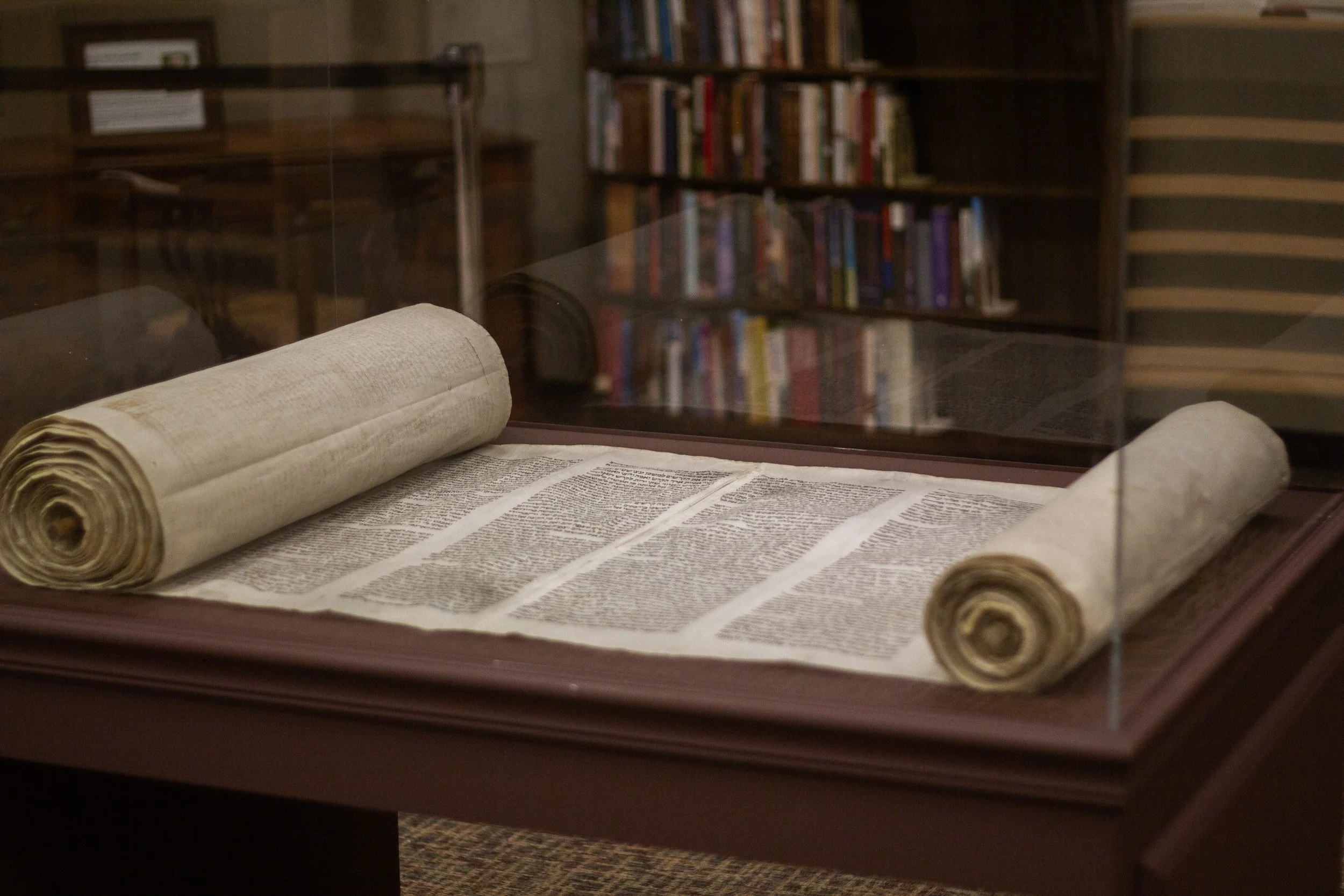As the school year begins, our Jewish tradition reminds us that every student—no matter their background or struggles—deserves respect and inclusion. Drawing from the Talmud and the Kol Nidrei prayer, JEIC Managing Director Sharon Freundel explores why classrooms should embrace every child, celebrating the unique value each brings to the community.
Last month, we explored an aspect of the dilemma of how we can do the best for each and every one of our students. This month, we will look at a totally different manifestation of the same question. That is the amount of time it takes to develop passionate, trained teachers.
Educators aspire to do what's best for their students. But what if something that is good for one student is terrible for another student? What’s the solution to the dilemma in which we are not serving all of our children in the best way possible?
As we enter the Three Weeks, when we commemorate the most tragic periods in the national life of the Jewish people, JEIC Managing Director Sharon Freundel compares how the collective Jewish journey back to the Hold Land can mirror the journey of each child reaching their treasured destination.
As educators prepare their yearly vision and units for the coming school year, JEIC Managing Director Sharon Freundel suggests that we use big ideas (BI) and essential questions (EQ) that focus on philosophical life statements and pertinent deep questions to frame the students’ learning.
A teacher pipeline issue continues to grow, not only in the world at large, but in the yeshiva and Jewish day school field. School and field leaders are struggling with recruiting, training and retaining talented educators. As a response, Prizmah and the Jewish Education Innovation Challenge (JEIC) created the Jewish Day School Educator Pipeline Working Group to investigate current and previous initiatives, explore new ideas, and plan for the future.
Before Passover this year, many wondered how we should commemorate the ongoing imprisonment of 133 innocent Jewish lives and the unconscionable murder of 1,200+ Israelis. As the conflict continues, and day schools approach the season of “yamim”: Yom Hashoah, Yom Hazikaron, Yom Ha’atzmaut, and Yom Yerushalayim, do we expand the commemoration of Yom Hashoah to include more recent egregious examples of blatant Jew-hatred? JEIC Managing Director Sharon Freundel explores this topic and offers her insight.
Many schools are questioning whether, in light of the atrocities of October 7th and the ongoing war, they should proceed with their regular Purim shenanigans this year. A variety of sources across the ages, from the Talmud to Rabbi Jonathan Sacks OBM, agree; the answer is an unequivocal yes!
"I find that not infrequently these days, I’m angry at God," writes JEIC Managing Director Sharon Freundel of her feelings about the situation in Israel. "I find myself angry at the One who ultimately orchestrates what happens in this world...But I’m an adult who has spent much of my life grappling with theological issues. How might we address emotions such as anger at God with our students?" she asks.
As Jewish educators, we bear the burden not only of taking care of each other but of raising our students in ways that they will continue to be proud, fearless Jews. We know that we cannot depend on the world at large, even if many individuals proffer their support. But we have so much we can depend on.
Sharon Freundel, managing director of the Jewish Education Innovation Challenge, addresses the current situation in Israel and touches on 4 things that educators can keep in mind as they continue to guide students.
We are bidden to ask for forgiveness and to receive it before Yom Kippur, as God cannot absolve us of our misdeeds unless the person we have wronged has done so.
As we enter the season of Yamim Nora’im, the Days of Awe, where we attempt to make amends to other individuals and God. Sharon Freundel, Managing Director of the Jewish Education Innovation Challenge, reminds us to treat our students with the utmost respect, as they deserve, and to ask forgiveness of them if we don’t live up to our own expectations.
On September 4th, JEIC will begin posting “A Motivational Moment from Tefillah”. Tefillah is how we communicate with God, how we become part of the larger Jewish community, and how we connect with ourselves on a daily basis. It is also a way that we can inspire our students to create a relationship with the One, with other Jews, and with themselves, as they figure out where they belong in the universe.
In September we will post a new inspiring message from tefillah, starting with the tefillot of Yamim Nora’im (the High Holidays) and Sukkot, and in October, we will commence with weekly posts from the weekday Shacharit. We will also expand our reach by posting not only on Facebook, but also on LinkedIn and Instagram.
At JEIC, we maintain that every single Jewish child deserves a Jewish day school education. It is the only way the Jewish people will sustain itself. We also believe in a big tent, large enough to hold any Jew who wants to immerse themselves in day school education. Every Jew has something to learn from every other Jew no matter where they fit in on the religious spectrum.
What is the difference between teaching and education? The purpose of limmud is to ensure what one knows, the purpose of chinuch is to choose what one should dedicate their life and actions to. Limmud is the imparting of information and skills for life; chinuch is providing meaning for life. What really motivates how we live and the choices we make are the moments of education we experience and not the knowledge we have acquired.
JEIC Managing Director, Sharon Freundel, uses principles from operating partners, Lifnai V’Lifnim and Pedagogy of Partnership, to explore how to create a strong next generation of engaged and educated Jews, by focusing on chinuch,rather than limmud, as the end goal.
We–the teachers and the parents–are full partners in the raising of Jewish children. Like any relationship, this one requires reflection and intentional interventions in order to develop and flourish. And, like other relationships, it needs constant care from both ends to remain positive and vibrant.
JEIC Managing Director, Sharon Freundel discusses and brings examples of how parental involvement in children’s day school education can help teachers include parents and better understand the parent-child relationships of their students.
We are in schools–hopefully–not to hear the sounds of our own voices or to promote our personal worldview or to develop a cadre of sycophants. We are in schools to make a difference in a child’s life, helping them figure out their unique strengths and forge their own Jewish path in their lifetimes.
JEIC Managing Director, Sharon Freundel compares how the difference between blowing and hearing the shofar can teach a lesson in how we make a difference in a child’s life, as educators.
“I believe that when something difficult takes place in the broader or more local community, be it a war, a mass shooting, a riot, or the death of a student or parent, it is incumbent upon the administration of the school to give teachers a set of overarching talking points. Both the word “overarching” and the phrase “talking points” are important here”.
JEIC Managing Director Sharon Freundel explains the need for cohesive messaging in schools surrounding world events and tragedies.
During the Jewish Disability Awareness & Inclusion Month of February, Sharon Freundel suggests some ways we can make Jewish learning more accessible to a wide variety of learners.



















